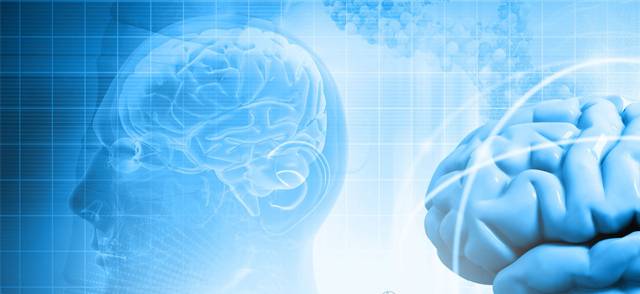We Share an Interesting Article on the Gut as a “Second Brain”. This article explores how the small intestine acts as a “second brain,” influencing emotions, mood, and sleep. While we may differ in some biomedical approaches to psychological disorders, the evidence connecting emotions to gut health is fascinating. A well-functioning digestive system improves emotional well-being and sleep quality.
Following an alkaline diet that supports the body’s alkaline design, prevents parasites (like Candida), and promotes intestinal transit will help foster emotional stability and joy. Gut health directly contributes to emotional health because, as the saying goes, “The stomach doesn’t think, but it feels.”
The stomach doesn’t think but it feels
The Four Pillars of Alkalinity
- Alkaline Nutrition
- Hydration
- Remineralization
- Detoxification
These four steps are essential for achieving greater emotional stability through the gut-mood connection. We specifically recommend pHlush, a natural laxative that alkalizes and decongests the stomach and intestines. It cleanses the digestive system, enhancing vitality and function.
The Stomach Doesn’t Think, But It Feels
A “second brain” operates in the abdomen, regulating emotions. This neural network doesn’t process thoughts but influences mood and sleep. Phrases like “gut-wrenching anger” may not be entirely metaphorical.
Stressful situations, romantic “butterflies,” or a “tightened” stomach also have scientific explanations. The digestive system is lined with a vast network of neurons, so extensive that scientists call it a “second brain.” According to Michael Gershon, author of The Second Brain, this system, formally known as the enteric nervous system (ENS), comprises 100 million neurons embedded in the intestinal walls.
How the Gut and Brain Connect
The ENS works in tandem with the brain in the skull, influencing mental states and playing a key role in diseases affecting other body systems. The digestive tract contains neurotransmitters like serotonin—95% of which resides in the gut—indicating its broad influence on the body.
However, the ENS isn’t involved in conscious thought or decision-making. Instead, its neural power focuses on digestion, as highlighted in Scientific American. Emeran Mayer, a physiology and psychiatry professor at the University of California, notes that gut nerves likely influence many of our emotions.
Practical Implications for Health
- Studies show that irritable bowel syndrome (IBS) may result from excess serotonin in the gut.
- Emotional well-being often depends on messages from the ENS to the brain.
- Future psychiatric treatments may incorporate therapies targeting the ENS.
Gershon emphasizes that the ENS plays a role in most intestinal diseases, from IBS to inflammatory conditions. Even age-related constipation involves the second brain. By understanding it better, we can address many health issues more effectively.
For better emotional and physical health, prioritize gut health through a balanced diet, proper hydration, and cleansing practices like colon detoxification. As the research continues, it becomes clear: the gut is vital not only to digestion but to our overall well-being.













